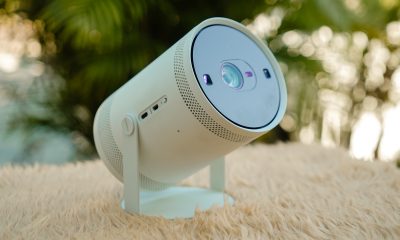News
Galaxy S21 series performing poorer than S20
Compared to S20 and S10
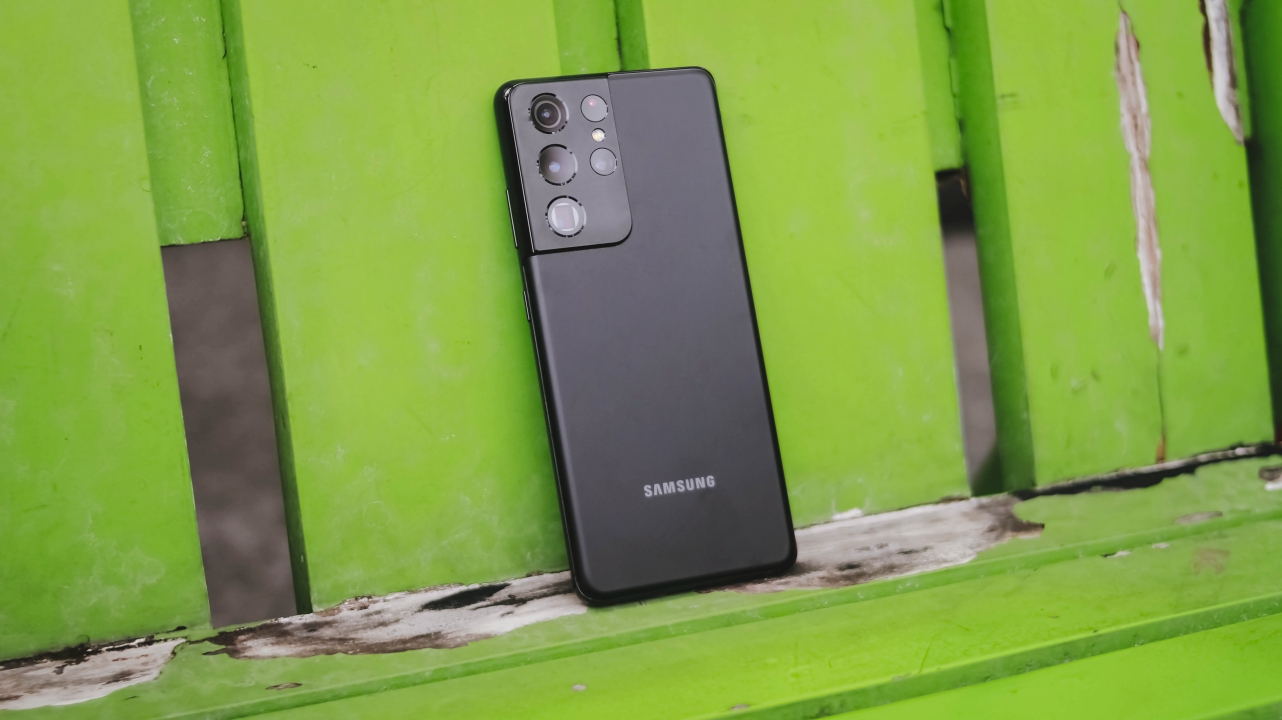
When a new flagship series comes out, the company involved usually has high expectations for it. However, there are some launches when a new smartphone ends up failing expectations. For example, because of poor sales, Apple is reportedly ending the iPhone mini model. On the flip side of things, Samsung is similarly experiencing poorer sales for the Galaxy S21.
According to a South Korean analyst firm Kiwoom Securities, this year’s Galaxy S21 series isn’t doing as well as last year’s Galaxy S20 series. Six months after it launched, the former sold only 13.5 million units. The figure is 20 percent less than the Galaxy S20 and 47 percent less than the Galaxy S10 series.
Alleviating this a bit, the Galaxy S21 did do well in its home turf. In the series’ first month, the flagship series sold around 590,000 units in South Korea. It’s only second to the Galaxy S8 which sold 620,000 units in its first month.
Currently — at least according to a recent ranking — Samsung is still the top smartphone seller in the world with Xiaomi trailing a bit behind in second place. The South Korean company might not be intimidated, though. Samsung is hosting its annual Galaxy Unpacked later this month, potentially boosting the company’s performance afterwards.
SEE ALSO: Galaxy S22 might have the same camera as the Galaxy S21


The Huawei Pura 70 Series has released its pricing in many parts of the world. If you’re in Europe and are curious about Huawei’s latest, let this be your confirmation that all three models are coming to you as well.
Pricing are as follows:
- Pura 70 (12GB RAM, 256GB Storage) – EUR 999
- Pura 70 Pro (12GB RAM, 256GB Storage) – EUR 1199
- Pura 70 Ultra (16GB RAM, 256GB Storage) – EUR 1499
Huawei Pura 70 Series Specs
HEET
| HUAWEI Pura 70 | Pura 70 Pro | HUAWEI Pura 70 Ultra | |
| Measurements:
Weight |
207g | 220g | 226g |
| Colourway | White
Black |
White
Black |
Green Brown Black |
| Screen | 6.6 Inch
2760 × 1256 Resolution 1-120Hz Refresh Rate 1440Hz PWM Dimming HDR Vivid Super Durable Kunlun Glass |
6.8 Inch
2844 × 1260 Resolution 1-120Hz Refresh Rate 1440Hz PWM Dimming HDR Vivid Super Durable Kunlun Glass |
6.8 Inch
2844 × 1260 Resolution 1-120Hz Refresh Rate 1440Hz PWM Dimming HDR Vivid Crystal Armor Kunlun Glass |
| Operating System | EMUI 14.2 | EMUI 14.2 | EMUI 14.2 |
| Camera | 50MP Ultra Lighting Main Camera(F1.4 – F4.0 Aperture,OIS)
13MP Ultra Wide-Angle Camera(F2.2 Aperture) 12MP Ultra Lighting Macro Telephoto Camera(F3.4 Aperture,OIS) |
50MP Ultra Lighting Main Camera(F1.4 – F4.0 Aperture,OIS)
12.5MP Ultra Wide-Angle Camera(F2.2 Aperture) 48MP Ultra Lighting Macro Telephoto Camera(F2.1 Aperture,OIS) |
50MP Ultra Lighting Main Camera(1-inch Sensor,F1.6~F4.0 Aperture,Sensor Shift OIS)
40MP Ultra Wide-Angle Camera(F2.2 Aperture) 50MP Ultra Lighting Macro Telephoto Camera(F2.1 Aperture, OIS) |
| 13MP Ultra Wide Angle Front Camera(F2.4 Aperture) | 13MP Ultra Wide Angle Front Camera(F2.4 Aperture,Auto Focus) | 13MP Ultra Wide Angle Front Camera(F2.4 Aperture,Auto Focus) | |
| Battery | 4900mAh(Typical Value) | 5050mAh(Typical Value) | 5200mAh(Typical Value) |
| Charging | 66W wired HUAWEI SuperCharge
50W wireless HUAWEI SuperCharge |
100W wired HUAWEI SuperCharge
80W wireless HUAWEI SuperCharge |
100W wired HUAWEI SuperCharge
80W wireless HUAWEI SuperCharge |
| Water and Dust Resistance | IP68 | IP68 | IP68 |
Smartphone Photography Promise
The Huawei Pura 70 Series is a reinvention of Huawei’s camera-toting lineup. The new smartphones again promise huge improvements to the world of smarthpone photography.
The series is equipped with a new generation of Ultra Lighting camera system. Combined with the industry’s first HUAWEI XD Motion Engine, it can activate the Ultra Speed Snapshot feature and easily capture fast moments.
The Huawei Pura 70 Ultra also equipped with the industry’s first Ultra Lighting Pop-out Camera. It’s an original retractable camera structure; achieving a thin one-inch image sensor and a large aperture in a compact body, bringing a revolutionary imaging system.
Both HUAWEI Pura 70 Pro and HUAWEI Pura 70 Ultra feature the new Ultra Lighting Macro Telephoto Camera. It promises to produce clear images from distant buildings to close details. Thanks to its periscope telephoto aperture of F2.1, it offers superb light-gathering ability and better telephoto image quality, achieving full focal HD photography across the entire focal length.
SEE ALSO:
Huawei Pura 70 Pro Unboxing and First Impressions
GadgetSnaps: Huawei Pura 70 Pro in Shenzhen
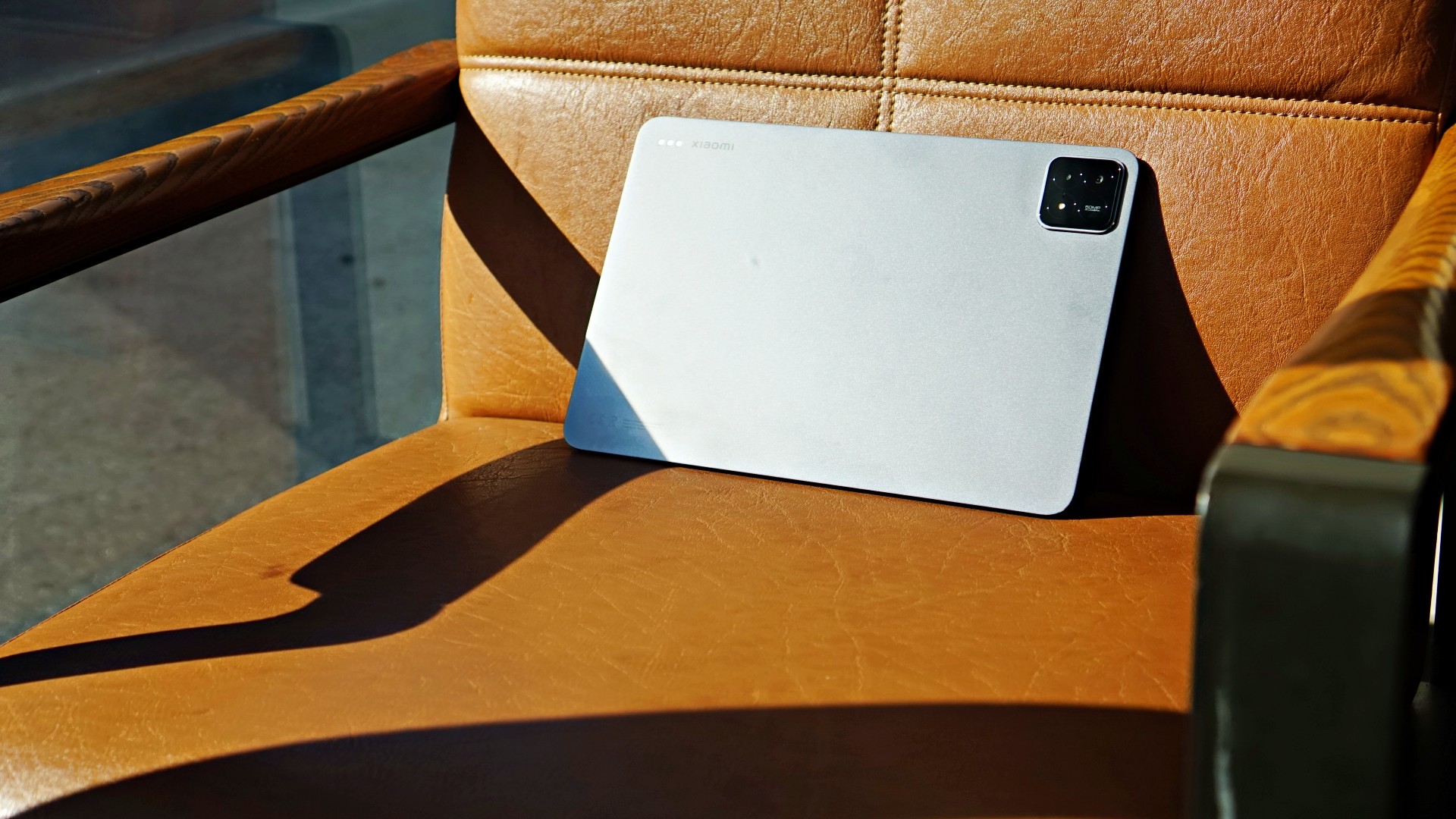
Xiaomi maintains its great value proposition with its tablet offerings. In 2023, it was the Xiaomi Pad 6. This time, in 2024, it’s the Xiaomi Pad 6S Pro 12.4.
Price and availability
The tablet will be available in two variants and are priced as follows:
- 12+512GB — PhP 39,999
- 8+256GB — PhP 33,999
It comes in classic Black and White colors.
Meanwhile, the accessories are priced as follows:
- Focus Pen — PhP 3,499
- Touchpad Keyboard — PhP 6,499
Discounted from May 3 to 9
Naturally, these will be available at special slashed prices from May 3 to 9 on the Shopee exclusive online sale.
- 12+512GB — PhP 37,199
- 8+256GB — PhP 31,199
Buyers will get free Redmi Buds 4 Active (valued at Php 999) for every checkout of the Xiaomi Pad 6S Pro.
Unboxing the tablet and its accessories
Like the tablet that preceded it, the 6S Pro came with a generous accompaniment of accessories. Other than the tablet itself, there’s the Cover, Touchpad Keyboard, and the Focus Pen.
Watch the unboxing below.
@gadgetmatch This is our favorite Android tablet right now! #XiaomiPad6SPro #Xiaomi
Xiaomi Pad 6S Pro 12.4 specs
- Display — 12.4” 144Hz 3K display, supports Dolby Vision
- Processor — Snapdragon 8 Gen 2
- Battery — 10,000mAh, 120W HyperCharge
- RAM and Storage — 8GB+256GB / 12GB+512GB
- OS — Xiaomi HyperOS
- Cameras — 50MP main (4K, 60 FPS video), 2MP depth, 32MP front (1080p, 30 FPS video)
- Connectivity — USB 3.2 Gen 1, Bluetooth 5.3, WiFi 7
- Audio — Six (6) speakers, support for Dolby Atmos, Hi-Res, Hi-Res wireless
Here’s a quick excerpt from our review:
“The Xiaomi Pad 6S Pro 12.4 has a mouthful of a name with a feature set that’s just as packed. It’s a device made for many purposes. It’s both a workmate, a creative companion, and a relaxation buddy.”
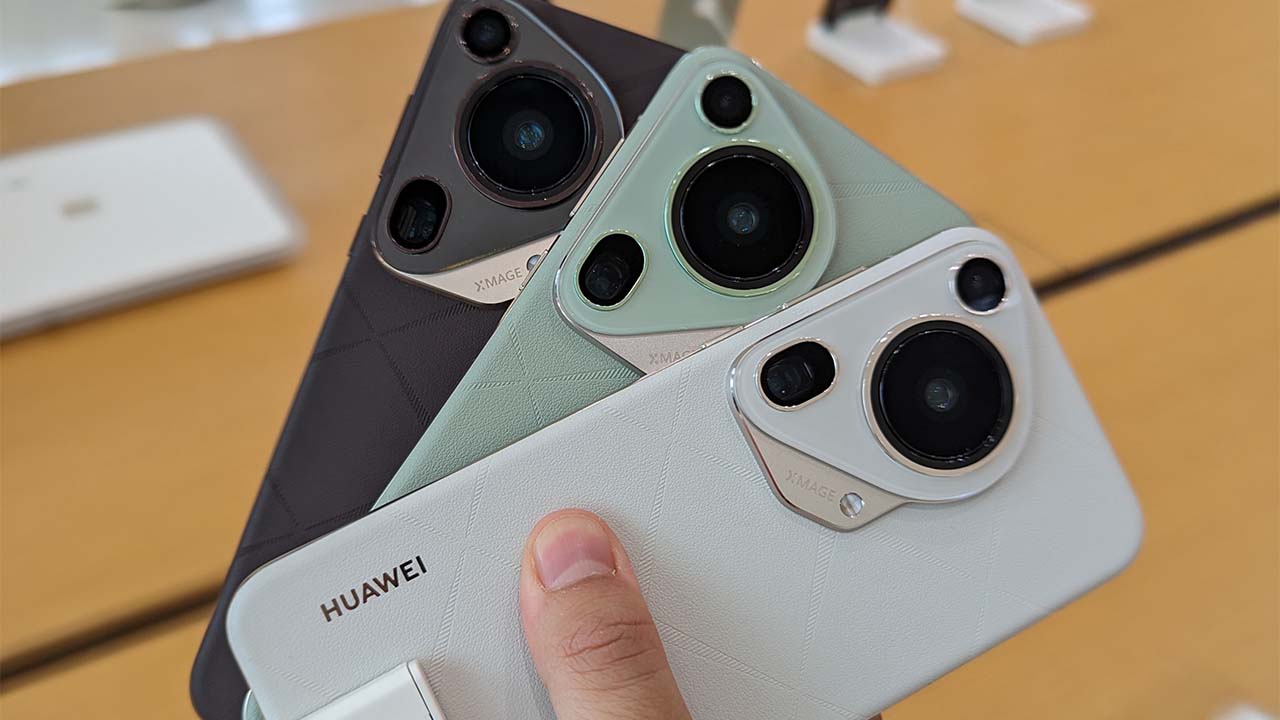
Huawei’s P Series is now Pura. The company says the rebrand represents a new chapter. But the Pura essentially is the same lineage as the P Series — expert mobile photography and fashion forward. Now, the Huawei Pura 70 Series has been confirmed to come to the Philippines.
The Huawei Pura 70 series has three phones: the Huawei Pura 70, Huawei Pura 70 Pro, and Huawei Pura 70 Ultra. Pricing are as follows
The Huawei Pura 70 (12GB+256GB) is priced at PhP 47,999. It comes in Black, White, and Pink. Meanwhile, the Huawei Pura 70 Pro (12GB+512GB) retails for PhP 59,999 which comes in Black and White. Last and surely not the least is the Huawei Pura 70 Ultra (16GB+512GB) that comes in Black and Green. This one retails for PhP 79,999.
Pre-orders are live as of May 2, 2024. Every pre-order comes with the following:
- Mystery Gifts Worth PhP 17998
- 1-year Accidental Damage Protection Worth PhP 3999
- Deposit PhP 1000 Get PhP 3000 Token
The Pura 70 Ultra will come with an Inbox Magnetic case while the other two models have a Magnetic Case Worth PhP 1999.
Huawei Pura 70 Series
The Huawei Pura 70 Series is a reinvention of Huawei’s camera-toting lineup. The new smartphones again promise huge improvements to the world of smarthpone photography.
The series is equipped with a new generation of Ultra Lighting camera system. Combined with the industry’s first HUAWEI XD Motion Engine, it can activate the Ultra Speed Snapshot feature and easily capture fast moments.
The Huawei Pura 70 Ultra also equipped with the industry’s first Ultra Lighting Pop-out Camera. It’s an original retractable camera structure; achieving a thin one-inch image sensor and a large aperture in a compact body, bringing a revolutionary imaging system.
Both HUAWEI Pura 70 Pro and HUAWEI Pura 70 Ultra feature the new Ultra Lighting Macro Telephoto Camera. It promises to produce clear images from distant buildings to close details. Thanks to its periscope telephoto aperture of F2.1, it offers superb light-gathering ability and better telephoto image quality, achieving full focal HD photography across the entire focal length.
SEE ALSO:
Huawei Pura 70 Pro Unboxing and First Impressions
GadgetSnaps: Huawei Pura 70 Pro in Shenzhen
-
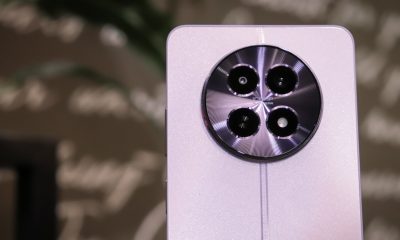
 Reviews1 week ago
Reviews1 week agorealme 12 5G review: It was enchanting to meet you
-
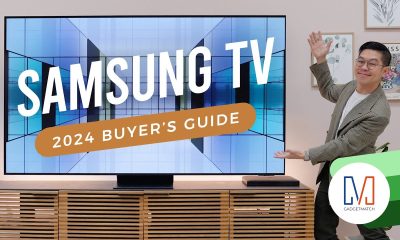
 Buyer's Guide2 weeks ago
Buyer's Guide2 weeks ago2024 Samsung TV: Buyer’s Guide
-

 Reviews2 weeks ago
Reviews2 weeks agoJBL Soundgear Sense review: Make every run magical
-
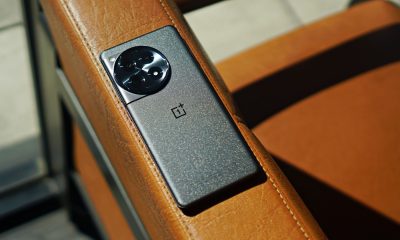
 Reviews3 days ago
Reviews3 days agoOnePlus 12R review: Making sense of OnePlus’ latest flagship
-
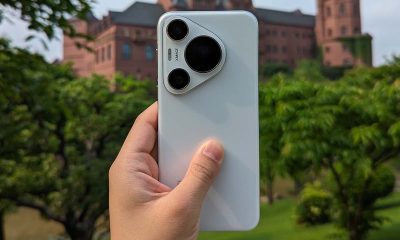
 Smartphones2 days ago
Smartphones2 days agoHuawei Pura 70 Pro Unboxing and First Impressions
-

 Reviews2 weeks ago
Reviews2 weeks agoChallengers review: A thrilling drama wrapped as a tennis anime
-
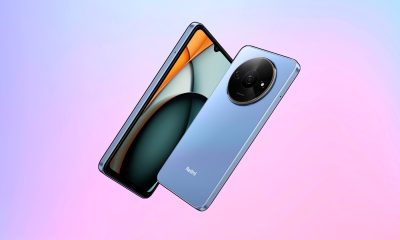
 News1 week ago
News1 week agoXiaomi Redmi A3 Philippine pricing, availability
-

 Smartphones1 week ago
Smartphones1 week agoInfinix NOTE 40 Pro+ 5G: Philippine pricing, availability


